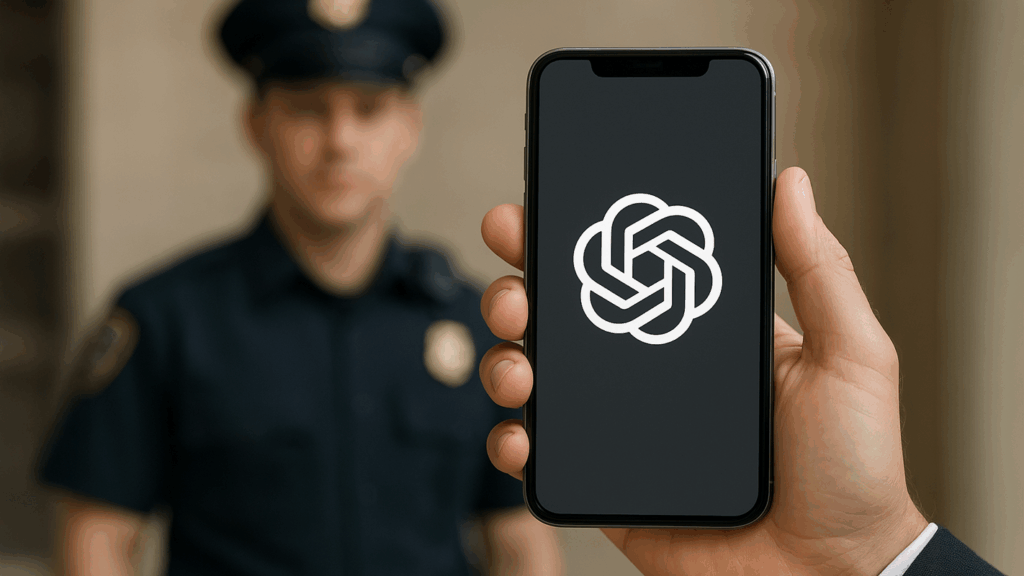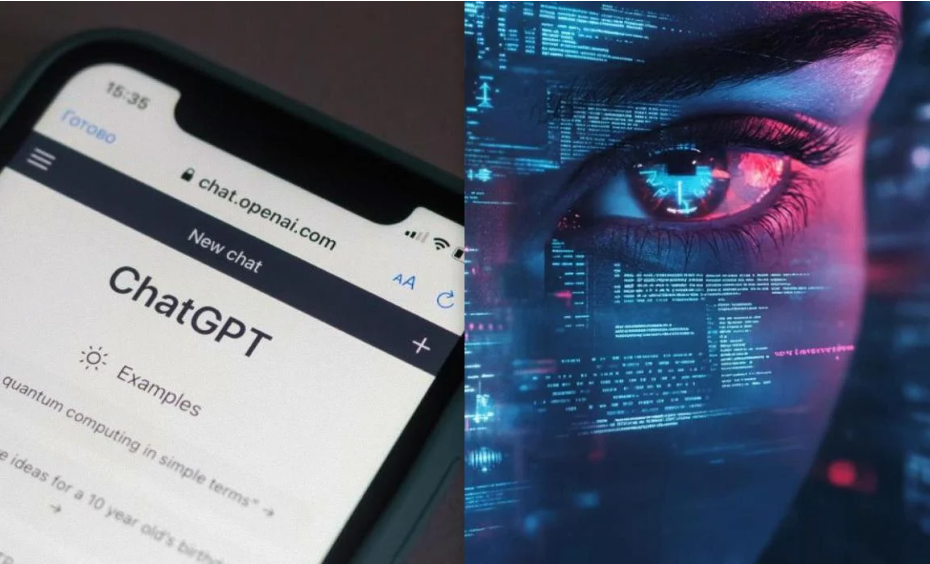🕵️♂️ OpenAI acknowledges analyzing private chats and the potential sharing with the police.
OpenAI has officially confirmed that it analyzes the private conversations of millions of ChatGPT users and may share information with law enforcement if the content is deemed dangerous. The new system for automatic message scanning is designed to detect potentially harmful content, including threats of violence toward third parties.
The algorithms monitor suspicious dialogues and forward them to a team of human moderators. If the moderators determine that a person is planning physical violence, the information may be sent to the police. The list of countries where these rules apply has not been disclosed by the company.
The list of countries where these rules apply is not disclosed by the company.

At the same time, cases involving self-harm or suicide are not reported to authorities, in order to respect user privacy and avoid unnecessary law enforcement interventions in crisis situations. Experts note that these instances, where people lose touch with reality under the influence of AI, are sometimes referred to as “AI psychoses.”
Previously, OpenAI CEO Sam Altman emphasized that conversations with ChatGPT do not have the same confidentiality as interactions with a lawyer or psychotherapist and can be disclosed in court. In a legal dispute with The New York Times, the company already stated that it refuses to provide chat logs for copyright infringement verification. At the same time, OpenAI reads messages itself and is willing to share them with third parties, creating a paradox: on one hand, a promise of privacy protection; on the other, direct monitoring and potential disclosure.

Critics point out the inconsistency in the company’s approach. OpenAI attempts to balance user protection with societal safety, but does so through strict censorship, which contradicts its original promises of confidentiality. It remains unclear which specific words, topics, or behavioral patterns trigger moderator review and potential police involvement.
Additionally, several incidents have shown that interaction with the AI bot sometimes provoked destructive thoughts in users, including self-harm attempts, delusional ideas, and even suicidal thoughts. OpenAI acknowledges that such situations require special handling, but retains control over sharing information about third parties.
AI safety incidents go beyond human interactions: it was recently reported that a completely new “smart” virus was created using AI, capable of attacking multiple operating systems. This highlights that artificial intelligence technologies pose real risks to society, and issues of regulation, transparency, and ethics are critically important.

⚠️ Conclusion: OpenAI’s new policy illustrates a delicate balance between privacy and safety: the company seeks to prevent threats of violence while intervening in users’ private conversations. For users, this means that communication with ChatGPT is not fully confidential, and any conversation could potentially be reviewed by moderators or shared with law enforcement if public safety is at risk.
All content provided on this website (https://wildinwest.com/) -including attachments, links, or referenced materials — is for informative and entertainment purposes only and should not be considered as financial advice. Third-party materials remain the property of their respective owners.


